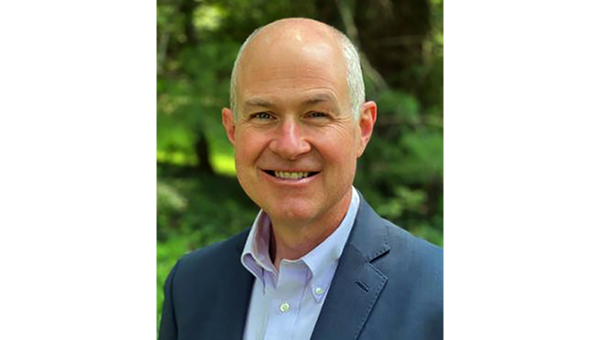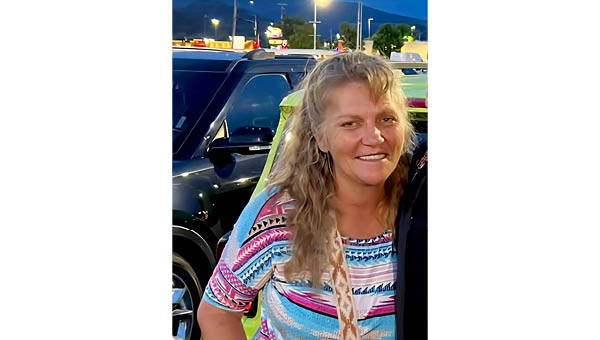Local physicians win case against federal government
Published 6:03 pm Friday, February 2, 2018
NASHVILLE – A federal court judge struck down a federal regulation preventing the government from reclaiming more than $2.4 million in Medicaid payments from primary care physicians. In a case that could have national implications, the judge ruled the regulation was contrary to Congress’ intent in the Affordable Care Act to create incentives for physicians to improve access to primary care services for vulnerable populations in areas with limited access to medical care. The lawsuit involved 21 Tennessee physicians who were asked to repay the incentives for services performed in 2013 and 2014. The court issued its ruling on January 24, 2018, and the government has 30 days to file an appeal.
In 2016, the Centers for Medicare & Medicaid Services (CMS) required TennCare, the state’s Medicaid program, and all other state Medicaid programs to audit physicians who received the payments in question. TennCare demanded repayment from more than 100 physicians in Tennessee.
“These physicians from across Tennessee worked to improve access for underserved communities, just as Congress intended,” said Wm. MacMillan Rodney MD, founder of a Memphis-based clinic that employs one of the plaintiffs. “When the federal government tried to claw the money back because of a regulation that undermined the very purpose of the law, we knew we had to fight back, and we’re both pleased and relieved with the court’s ruling.”
With the help and support of the Tennessee Medical Association, many of these Tennessee physicians joined together and retained the law firm of Bass, Berry & Sims PLC to file suit against CMS to stop these improper collection efforts.
According to the complaint of declaratory and injunctive relief obtained by the Elizabethton Star, several physicians were named as plaintiffs for the case, including two practicing physicians in Elizabethton – Scott May, M.D., and Arnold Hopland, M.D.
“We recognized from the beginning that CMS went too far with this regulation, and we are satisfied to see the court protect these physicians who are working earnestly to improve the health of the most vulnerable patients in their communities,” said Yarnell Beatty, TMA’s senior vice president and general counsel.
Tennessee was one of the first states to perform the federally mandated audit, and this case could play an important role in preventing similar improper collection efforts against physicians in other states.
“The court’s decision in this case is a tremendous victory for the well-intentioned physicians in Tennessee and around the country who responded to the government’s call to apply additional resources to care for our most disadvantaged citizens.” said David A. King, lead counsel for the physicians. “We are grateful the court recognized the merit of our position that this arbitrary rule contravened the plain language of the statute and the intent of Congress.”
CMS Rule Contrary to Statute – Patients to Benefit from Ruling
The physicians’ complaint focused on 42 U.S.C. § 1396a(a)(13)(C) (“Medicaid Enhanced Payment Statute”). The intent of the U.S. Congress in passing the statute was to entice physicians to expand necessary healthcare services in underserved areas. The statute established increased Medicaid payments for any “physician with a primary specialty designation of family medicine, general internal medicine, or pediatric medicine” in these underserved areas.
The 21 physicians who brought the federal lawsuit satisfied the statutory requirement for the funds, yet CMS invalidly added a second requirement through the regulatory rulemaking process. Under the rule, CMS would require physicians either to be board-certified or to bill 60 percent or more of “the Medicaid codes he or she has billed” within certain specified billing code categories.
While at one time many of the plaintiff physicians were board certified, many did not maintain the board certification because they were practicing only within the community verses in a hospital setting and did not need the certification required for hospital privileges. Therefore, the federal government classified them as non-board certified. In addition, several of the plaintiff physicians fell short of the arbitrary 60 percent billing code threshold only because their offices provide ancillary services, such as lab tests, to further increase convenience to patients. Similar services in better-served areas are often provided in dedicated labs.
One of the physicians in the suit, Dr. Clarey Dowling of Brownsville, Tenn., who has practiced medicine for almost 40 years, is looking for ways to reinstate some of the services established with the increased reimbursements. “The risk of having to repay funds we received years ago forced us to end some of the steps we took to expand access, such as hiring an internal medicine specialist to improve our treatment and prevention of chronic illnesses such as diabetes,” Dr. Dowling said. Following the ruling, Dr. Dowling is now exploring ways to reinstate some or all of those measures.





